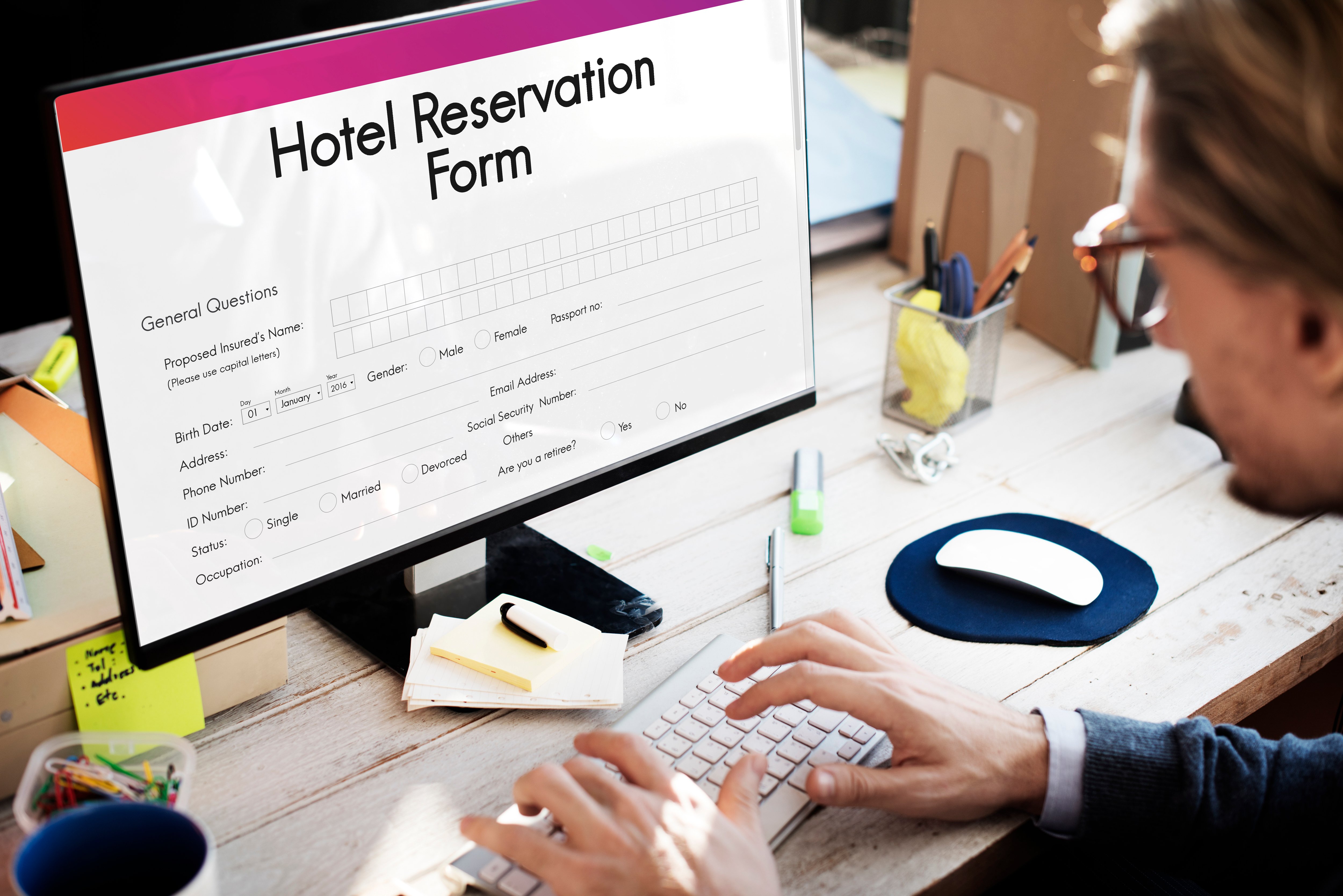

In the fast-paced world of hospitality, an integrated booking system plays a crucial role in enhancing hotel efficiency. By consolidating various booking channels and automating key tasks, these systems allow hotels to streamline their operations, reduce human error, and provide a seamless experience for guests. As online booking platforms and distribution channels grow more complex, integrated systems offer a unified solution that ensures smooth coordination between staff, systems, and guests.
Integrated booking systems bring together multiple distribution channels, such as direct bookings, OTAs (Online Travel Agencies), and third-party platforms into a single interface. This centralization of data eliminates the need to manage each channel separately, reducing complexity and the potential for errors. By managing bookings in one place, hotels can avoid double bookings, inconsistencies in room availability, and lost opportunities, ensuring that every room is accounted for efficiently.

One of the key benefits of integrated booking systems is real-time inventory management. Hotels can track room availability in real-time, ensuring that bookings are updated instantly across all channels. This reduces the risk of overbooking, as the system automatically adjusts the availability as soon as a reservation is made. With this feature, hoteliers can optimize room occupancy and minimize revenue loss due to unavailability or overbooking.

With integrated booking systems, automated updates and reporting ensure that hotel managers and staff have the latest information at their fingertips. Automated updates help reduce manual data entry, ensuring that room availability, pricing, and promotions are up to date across all platforms. Additionally, these systems provide insightful reports on bookings, occupancy rates, and revenue, helping managers make informed decisions quickly. The automation of such tasks boosts efficiency and saves valuable time for hotel staff.

An integrated booking system improves the guest experience by simplifying the reservation process. Guests can make direct bookings through the hotel’s website or mobile app, receive instant confirmation, and access all relevant information in one place. The seamless integration also allows for personalized guest experiences, such as pre-arrival preferences and room upgrades based on guest history. This enhanced convenience leads to higher guest satisfaction and encourages repeat business.
.jpg)
By automating many manual processes, integrated booking systems significantly increase hotel efficiency. Staff no longer need to manually update room availability across multiple platforms or input booking details repeatedly. This reduces the likelihood of human error and allows employees to focus more on delivering excellent customer service. As the system handles the administrative workload, hotel operations become smoother and more effective, ultimately boosting productivity and profitability.

Integrated booking systems are transforming the hotel industry by simplifying processes, improving real-time management, and enhancing the guest experience. Hotels that invest in these systems can increase efficiency, reduce errors, and optimize revenue management. Moreover, the seamless integration of multiple booking channels ensures that hotels can deliver a consistent guest experience, ultimately fostering guest loyalty and repeat visits. As competition in the hospitality industry increases, adopting integrated booking systems provides a clear advantage for hotels looking to stay ahead.
Social Share: